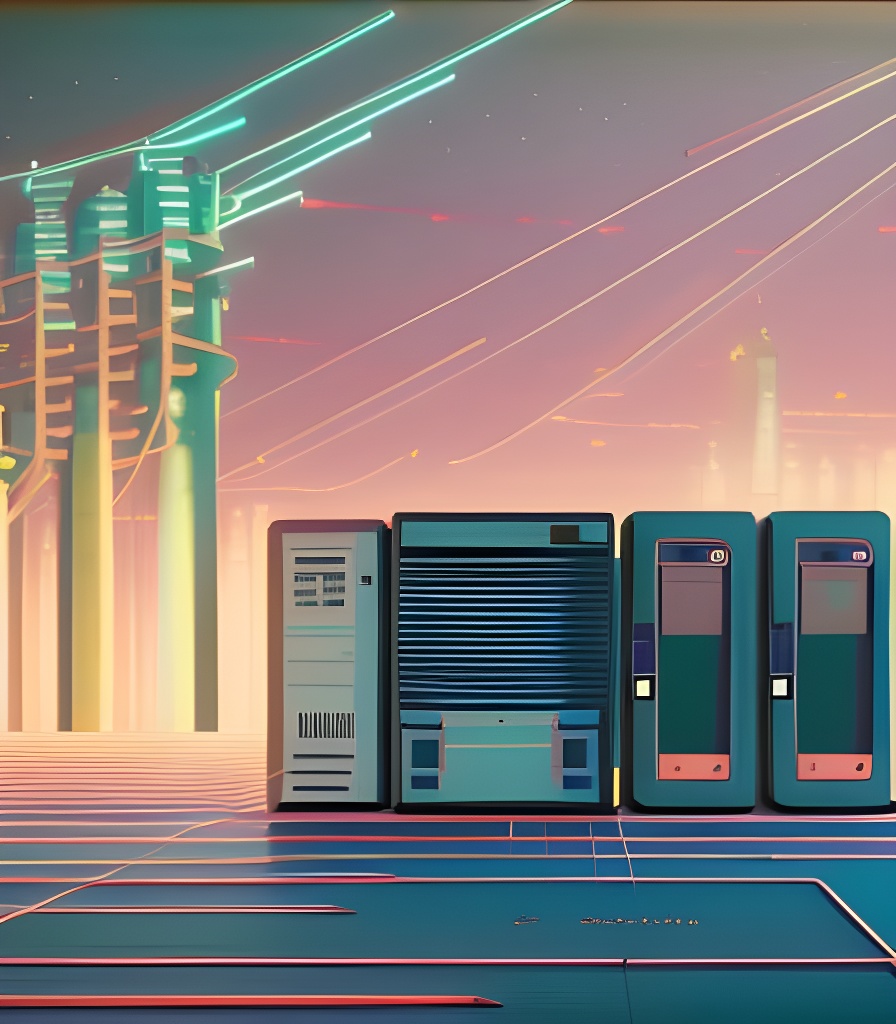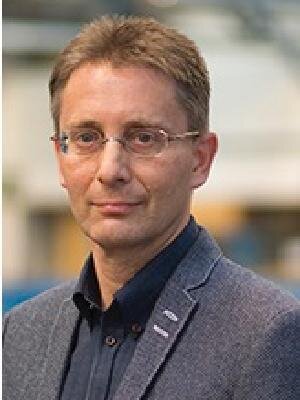RePlanIt
Information and Communication Technology hardware (e.g. laptops and data servers) is typically only used for an average of three to four years before being thrown out. The ICT sector currently contributes to 5% of global greenhouse gas emissions. This impact is mainly generated in the production phase of the equipment. In addition, IT hardware utilizes many critical materials.Extracting these raw materials produces a lot of CO2 but the recycling rates of these materials is close to zero. There needs to be a more sustainabel solution to using ICT products.
Developing product passports for ICT equipment is a complex process and will require a holistic design approaches such as system mapping to ensure these complexities are taken into account. User acceptance will also be an important driver for this research to ensure the end products (the decision support tool) will be accepted and used by industry.
The IDE team will be involved in two main activities: 1. designing circular product passpoart that can contribute to the circular decision making process. Product passports contain information about a product. In the case of IT products, this includes material composition, how the equipment performs, and how this performance will change under different conditions. The IDE team will investigate how these complex sets of information interact with each other and how to ensure this information can be communicated and shared in an open and accessible way. 2. Ensuring that the new methods and tools will be utilized by the IT industry. The behavior team at IDE will investigate how businesses perceive these new tools and provide insights so the tools are designed in a way that will enable acceptance of circular IT solutions into industry.
Expected results
The goal of the project overall is to develop a decision support tool that will accelerate the circular transition of the IT sector. The decision-support tools will help businesses purchase, maintain, repair, refurbashe and responsibly dispose of IT hardware. TU Delft is leading the development of workpackages (WP) 1 and 4. WP1 aims to develop a digital and dynamic product passport that supports decision making by people and computers about the ICT products and their lifecycle. To achieve this, TU Delft is utilising various computational methods (e.g. knowledge graphs) of catagorizing and creating relationships among the complex sets of data and information. In addition, this information will be organized and shared following Findable Accessible Interopretable and Reusable (FAIR) data principles. The expected result is a way to organize and represent data for ICT hardaware and materials on a platform - the Circular Resource Planner and Configurator, which will support decision making throughout the project.
Partners:
This project is led by TU Delft and involves 9 other consortia members spannign the IT industry, government, and municiple organizations.
This project is financed by TopsectorEnergie and RVO.




